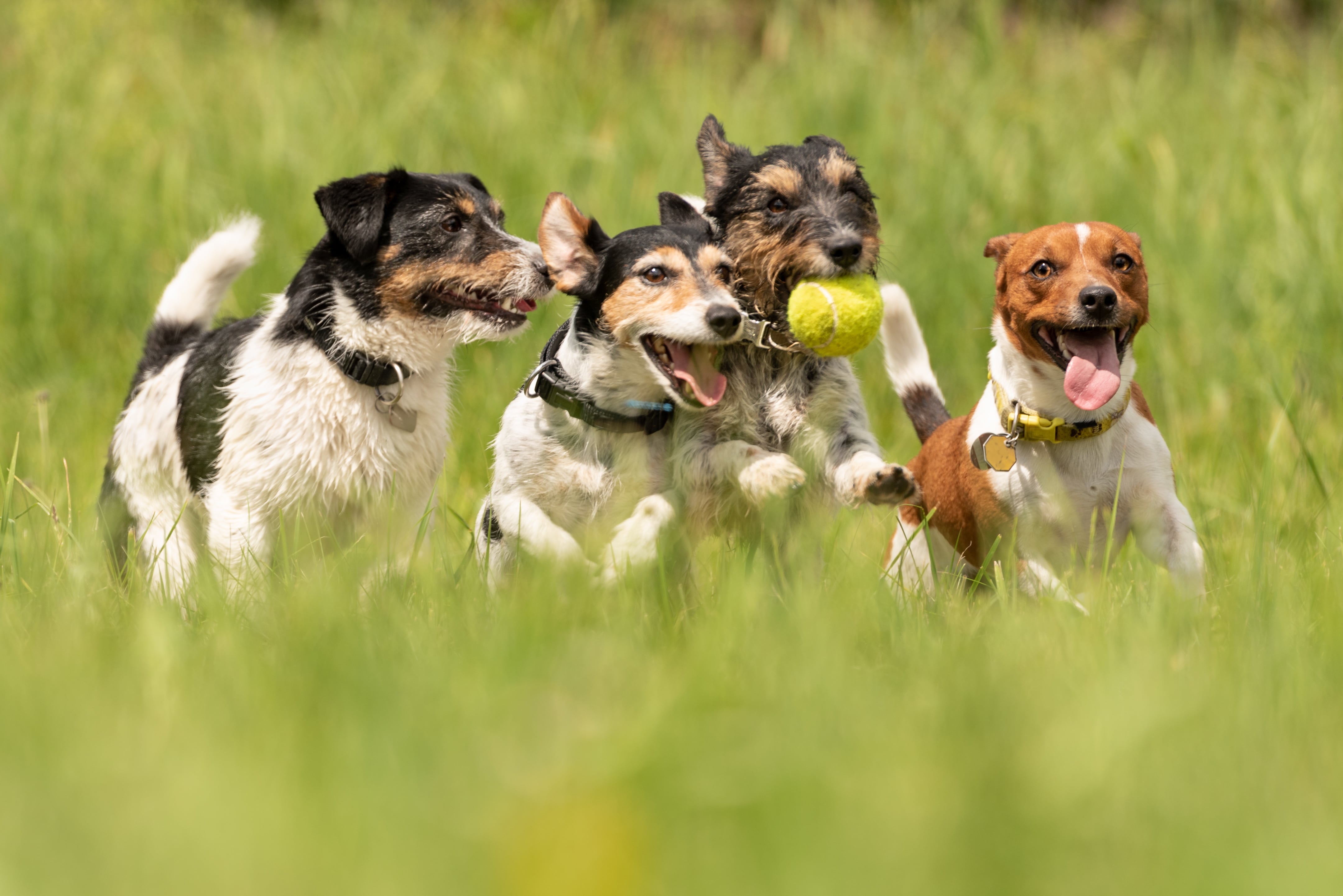Kennel cough is a distressing illness for dogs and their owners, causing a hacking, retching cough that can last for weeks. There have been large numbers of cases reported in many areas of UK in 2021 as puppies and dogs start socialising after lockdown. Vets have expressed concerns that lockdown and a lack of holidays has caused owners to skip important vaccinations, making pets vulnerable.
What is Kennel Cough and how is it spread?
Kennel cough is also called canine infectious tracheobronchitis and is a common upper respiratory infection in dogs. It causes a horrible hacking cough and is highly contagious. It is caused by several bacteria, the most common of which is Bordetella bronchiseptica and can be caused by viruses, too such as parainfluenza. Sometimes a dog may contract a bacterial infection and then get the virus too, or they can work the other way round.
The infection is spread by airborne droplets and contaminated surfaces so can be transmitted by close contact with an infected dog, or by sharing toys, food or water bowls, or an enclosed area. It can be quickly spread amongst individuals when they gather in kennels, training classes, in groups with a dog walker or pet boarding kennels or houses, hence the name.
Several factors make dogs more susceptible to the infection such as cold weather, being exposed to dust or cigarette smoke, crowded conditions, and travel induced stress.
Symptoms of kennel cough
The key symptom is a hacking, dry cough which can sound a bit like a goose honk. It can make the dog retch, too. Some dogs have a fever and may then have a reduced appetite. They may have a runny nose, might sneeze, or have discharge from their eyes. Although the cough sounds dreadful it is not often a serious infection. However, if a dog is old, a puppy or weakened by other health issues it can be more serious.

Treatment and prevention of kennel cough
It is not often necessary to treat a mild case of kennel cough, but the symptoms can be eased with anti-inflammatories, antibiotics if it is caused by a bacterial infection, or some cough suppressants. Always consult your vet for advice and medication. Never be temped to use human medications.
As the infection is highly contagious an infected dog should be kept away from other dogs for about 2 weeks, but you might need to keep them isolated for longer if the infection is more severe.
In most cases a dog will recover within 3 weeks, but it might take longer in old dogs, puppies or the already sick. In some cases the infection can progress to pneumonia so if you are at all worried about your dog not recovering or getting worse, please consult your vet.
There is an annual intra-nasal vaccine against the Bordetella bacteria that can be given. Like the human flu vaccine it can’t guarantee you dog won’t contract a viral infection or another bacterial infection, but it can provide some protection. Ask you vet about it if you are concerned.
Although kennel cough is not usually serious the cost of treatment can mount up, especially if your pet is young, or already ill with something else and becomes seriously ill. Compare dog insurance providers to find the best policy for you and your faithful friend.
